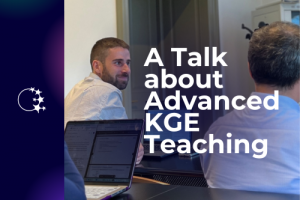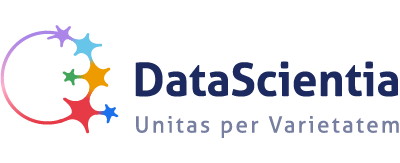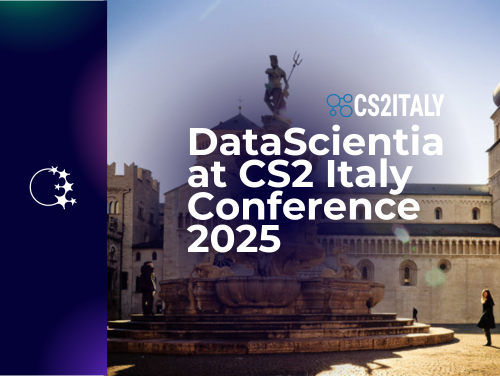
CS2 Italy Conference 2025
- Posted by Tetiana Bihun
- Categories News
- Date January 8, 2025

The CS2 Italy Conference 2025 was held from January 15-18, 2025, at the Department of Sociology and Social Research, Trento, Italy. This event aimed to bring together researchers from diverse fields such as sociology, economics, political science, and computer science, focusing on the intersection of social phenomena and computational methods.
The conference featured groundbreaking research presentations, insightful discussions, and networking opportunities. Key topics included computational social science theory, data-driven social science, and method exploration, emphasizing data privacy, algorithmic accountability, and reproducibility. The conference will also marked the creation of the Society Computational Social Science Italy (CS2 Italy).
Data Scientia took this opportunity to present a hands-on tutorial about tools for real-time behavioral data collection through smartphones.
During the event, participants explored the DS Community by creating profiles, managing projects, and joining a data collection initiative. They registered, downloaded the GDPR-compliant iLog app, and collected smartphone data while testing its features. A live demo showed how researchers monitor data in real time. They also learned about the data preparation pipeline, including data transformation and privacy considerations, and explored the LivePeople catalog. At the end, they could download their collected data.
Here is the tutorial’s abstract:
Big Data is increasingly recognized for its substantial potential to enhance research on human behavior. Data from diverse sources, such as social media platforms, telecommunications companies, and mapping services like OpenStreetMap (OSM), provide a wealth of information. However, merely having this data is insufficient to fully grasp individuals’ socio-economic and personal contexts. While Big Data is effective for in-depth studies of specific aspects of human behavior, it often falls short of capturing the overall complexity of daily life.
For example, social media data facilitates sophisticated analyses of interactions within a platform but doesn’t adequately reflect the intricacies of real-world activities. Conversely, traditional social science methods—such as questionnaires, interviews, and participant observation—capture the nuances of daily routines and individual perspectives but have a different, more limited scale compared to Big Data.
In this context, the DataScientia (DS) initiative provides tools for gathering real-time behavioral data, combining insights from both individual interactions and sensor streams from personal devices, particularly smartphones. This approach is beneficial for researchers across various fields, from social sciences to computer science. The impact of this data is further amplified by integrating it with other secondary data, such as merging GPS data from smartphones with location descriptions and Points of Interest obtained from OSM.
However, collecting this type of data presents several challenges, including technological issues and privacy concerns, particularly regarding GDPR compliance. Researchers must also navigate potential errors due to participant interactions, such as response bias and participant burden, as well as prepare the data for distribution, addressing issues like data loss and lack of anonymization.
By presenting this tutorial, DataScientia aims to foster curiosity among researchers interested in AI and data, deepen their understanding of its societal relevance, and empower them to innovate by applying these technologies to people-centric solutions.
You can find more information about the event here!
Keywords: computational social science, Big Data, human behavior, social media, OpenStreetMap (OSM), smartphones, GPS data, real-time data, data privacy, GDPR compliance, iLog app, data monitoring, data transformation, LivePeople Catalog, metadata, data distribution, social science research.

────────────────
Tetiana Bihun
Author, Content Creator
Tag:LiveData
You may also like
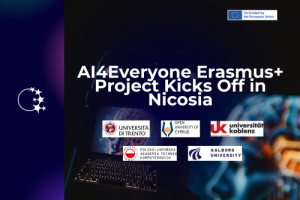
AI4Everyone Erasmus+ Project Kicks Off in Nicosia
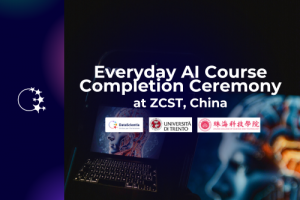
Everyday AI Course Completion Ceremony Held in Zhuhai, China
